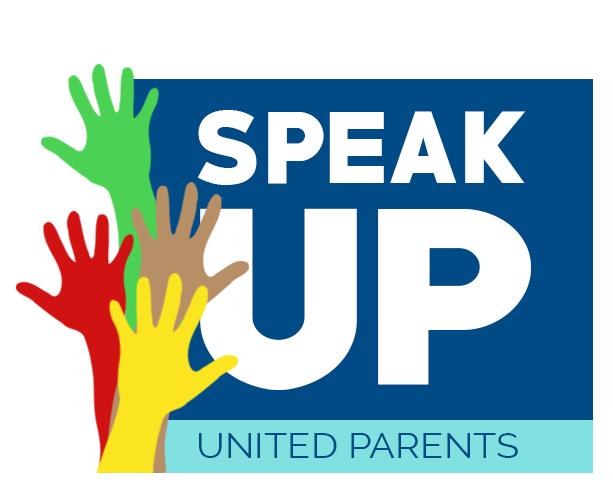‘Best Christmas Gift’ for Mom of English Learner who Reclassifies Amid the Pandemic with Help from Speak UP’s iTutors
/Magda Vargas’s best Christmas gift arrived earlier this year when she learned that her daughter, Sherrilyn, will finally achieve the English proficient reclassification after five years. “It’s the best Christmas gift I could ever get,” Vargas said.
She was notified early this month that Sherrilyn, a sixth grader at L.A.Unified’s Elizabeth Learning Center in Southeast Los Angeles, passed the English Language Proficiency Assessments for California (ELPAC), the state test for reclassification. They are now expecting the official document from the district that certifies her reclassification.
Vargas expressed special gratitude to Speak UP’s iFamily director, Tracy Grand, and Sherrilyn’s tutor Jenna Sanders, who provided free 1:1 tutoring twice a week to prepare her for the ELPAC through the Speak UP iTutor program since late March.
“I am extremely grateful to Jenna and Tracy because I realize that between us there 's no language barrier. Though I don’t understand English fully, I could understand the dedication and care they always showed toward my daughter,” Vargas said. “When Sherrilyn shared the good news with them, they sent her a flower arrangement and expressed beautiful words to her. They were very proud. I can’t thank them enough.”
Sherrilyn was the very first student in the program to receive free tutoring, and Jenna, a psychology major from Occidental College, was the first volunteer tutor.
“Working with Magda and Sherrilyn has proven that one mom can make a difference for her own child and inspire an entire community. Magda and Sherrilyn have shown that even a pandemic doesn't hold them back from accomplishing their goals” Grand said. “Jenna dove in with an open heart and the determination to help Sherrilyn pass the reclassification test.”
Speak UP launched iFamily and iTutors in March, just days after schools were forced to close, to address the TechKnowledge divide impacting many LAUSD families and to support the district’s most vulnerable students. The iTutor program currently serves nearly 400 students in grades pre-K-12, receiving 6,500 hours of tutoring thus far.
Read More










